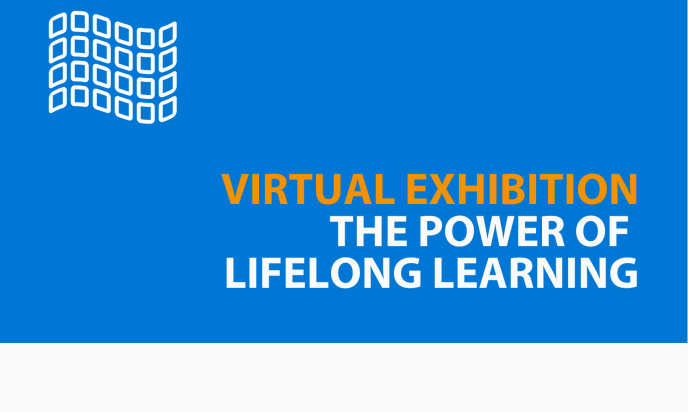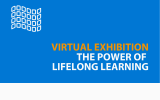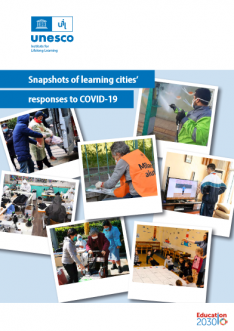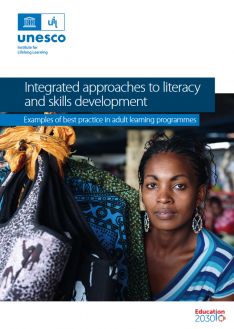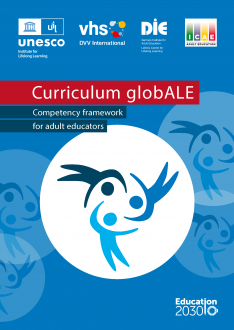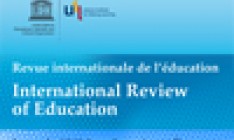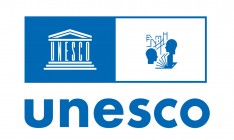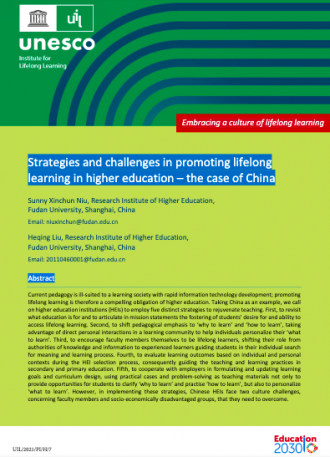

News
13 December 2021
7 December 2021
11 November 2021
Publications
773 million youth and adults worldwide still lack basic literacy skills, and the impact of the COVID-19 pandemic jeopardizes hard-won gains in literacy provision. Many literacy providers have argued that systems around the world were insufficiently prepared to leverage technologies and provide...
The publication Inclusive lifelong learning in cities: Policies and practices for vulnerable presents conceptual frameworks for inclusive learning, good practices in learning cities and recommendations for the future. The COVID-19 pandemic has had an enormous impact on life in cities, as...
Approximately 11 million people are in prisons worldwide, a number that is constantly growing. Many prisons are overcrowded and at crisis point, unable to provide education – a fundamental human right to which all prisoners should have access. To identify current trends, progress and challenges in...
Between March and June 2020, UIL hosted a series of webinars to explore how learning cities gauged the effects of the COVID-19 pandemic in individual contexts, and how they were responding to the sudden, emergent and urgent challenges it posed. In this publication, we present 13 responses by...
The UNESCO Institute for Lifelong Learning (UIL) has launched a new publication, Integrated Approaches to Literacy and Skills Development: Examples of Best Practice in Adult Learning Programmes . This new compilation showcases 21 adult education programmes that demonstrate promising...
Educators are key to quality adult learning and education. Yet, a lack of professional adult educators still hinders progress towards the provision of lifelong learning opportunities in many countries around the world. Curriculum globALE supports the professionalization of adult educators. By...

